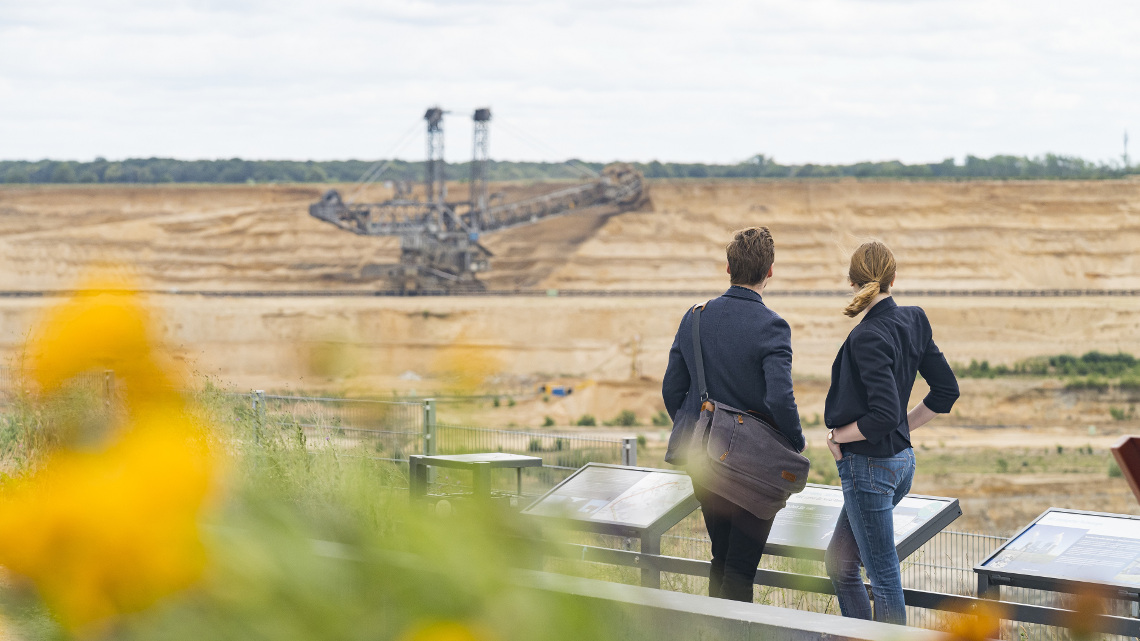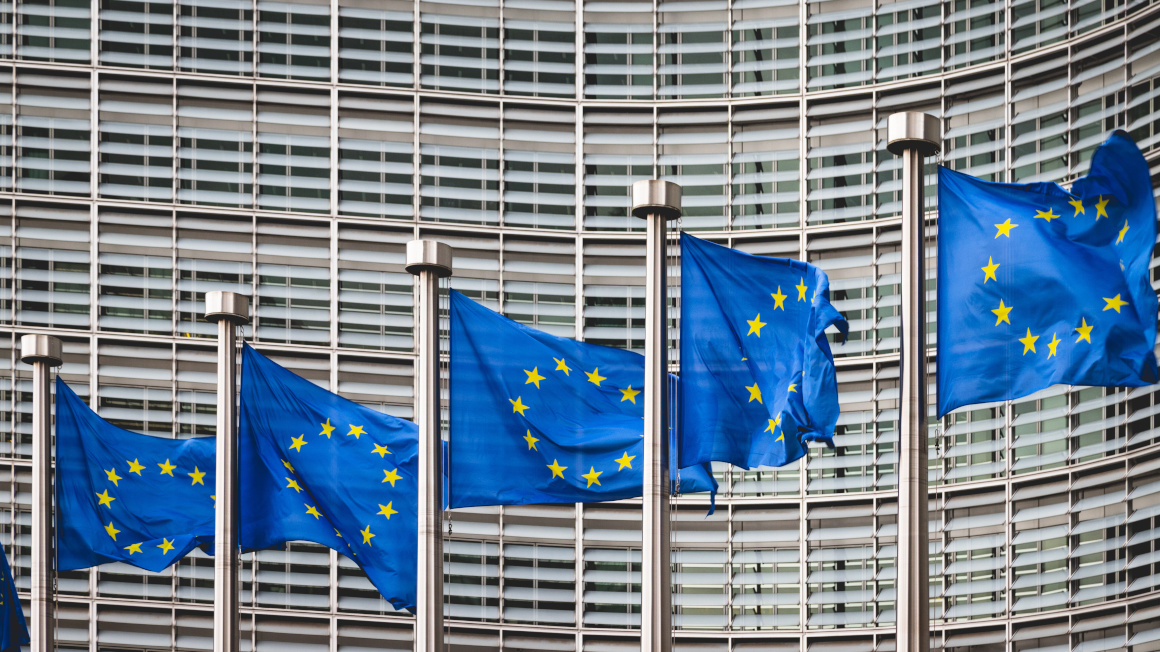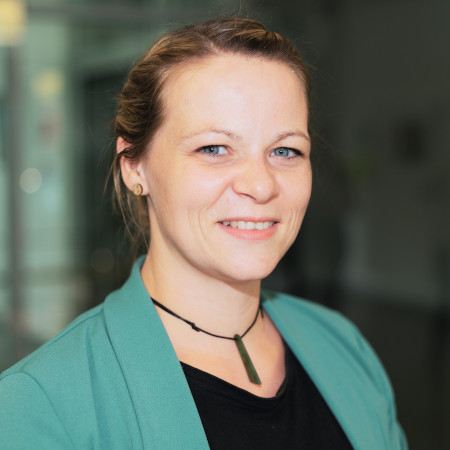NRW gets Bioeconomy Council
The state government has decided to set up a Bioeconomy Council to drive forward the expansion of a bio-based and sustainable economy in North Rhine-Westphalia. The 15-member advisory body will begin its work in January 2024.

The state government of North Rhine-Westphalia wants to further strengthen its already extensive activities in the bio-based economy by establishing a Bioeconomy Council. "In North Rhine-Westphalia, we have long recognized the enormous potential of the bioeconomy for competitive, sustainable companies and start-ups and are ambitiously driving forward the expansion of a bio-based economy. By appointing the Bioeconomy Council, the state government is implementing an important project from the coalition agreement. This is an important step on the way to a forward-looking bioeconomy strategy for NRW," said Economics and Climate Protection Minister Mona Neubaur.
Stakeholders from science and industry in NRW are also receiving strong support from the federal government on the path to a bioeconomy: Funds from the Coal Regions Structural Strengthening Act are being used to support the bioeconomy model region in the Rhenish mining area. In 2022, three large research consortia were launched, which will be funded by the BMBF with around 72 million euros until 2026.
Recommendations for the bioeconomy strategy in NRW
The advisory council is to analyze the opportunities and challenges in the expansion of a sustainable, bio-based economy in the state and at the same time develop solutions for possible conflicting goals such as the best possible use of scarce renewable resources. The council's recommendations are to be incorporated into the state's new bioeconomy strategy. The Bioeconomy Council NRW comprises a total of 15 experts from business, science and civil society – including Ulrich Schurr from Forschungszentrum Jülich.
Members of the Bioeconomy Council NRW
The Bioeconomy Council will begin its work in January 2024. The following 15 members have been appointed for the first three-year term:
- Prof. Dr. Stefanie Bröring, Ruhr University Bochum, Chair of Entrepreneurship and Innovative Business Models, Academic Director of the Wordfactory Start-up Center
- Dr. Peter Enste, Institute of Work and Technology at the Westphalian University of Applied Sciences, Director of the Research Focus Health Economy and Quality of Life, Gelsenkirchen
- Dr. Ricarda Finnern, LenioBio GmbH, Chief Scientific Officer, Aachen and Düsseldorf
- Timothy Fitschen, Federal Employment Agency, Head of the Rhineland region, Brühl
- Prof. Dipl.-Holzwirtin Katja Frühwald-König, Ostwestfalen-Lippe University of Applied Sciences, Cluster Spokesperson proHolz.NRW, Board Member of the Smart Wood Center
- Dr. Christopher Grünewald, Managing Partner of Grünewald Papier GmbH & Co. KG, Vice President of DIE PAPIERINDUSTRIE
- Prof. Dr. Monika Hartmann, Rheinische Friedrich-Wilhelms-Universität Bonn, Institute for Food and Resource Economics
- Dr. Gernot Jäger, Covestro, Head of Biotechnology
- Dr. Christian Lenges, International Flavors & Fragrances (IFF), Venture Director
- Prof. Dr. Regina Palkovits, RWTH Aachen University, Chair of Heterogeneous Catalysis and Technical Chemistry and Forschungszentrum Jülich, Institute for Sustainable Hydrogen Economy
- Thomas Patermann, Chairman of the NRW regional group of the Association of Municipal Enterprises (Waste Management and Urban Cleanliness Division VKU/VKS), Chairman of the Management Board of Wirtschaftsbetriebe Duisburg AöR
- Prof. Dr. Ralf Pude, Rheinische Friedrich-Wilhelms-Universität Bonn, Institute for Crop Sciences and Resource Conservation, Scientific Director Campus Klein-Altendorf
- Prof. Dr. Ulrich Schurr, Forschungszentrum Jülich, Institute of Bio- and Geosciences and Heinrich Heine University Düsseldorf; Bioeconomy Science Center and BioökonomieREVIER
- Prof. Dr. Petra Schweizer-Ries, Bochum University of Applied Sciences, Integrative Institute for Sustainable Development
- Prof. Dr. Anna von Mikecz, Leibniz Institute for Environmental Medical Research and Heinrich Heine University Düsseldorf, Deputy Chairwoman of NABU NRW
Signal for the urgency of sustainable bioeconomic solutions
The state government of NRW will also develop a future bioeconomy program to support the economy in the use of renewable, sustainable raw materials and to identify alternatives to fossil resources. In addition, key points for a bioeconomy strategy for NRW and the establishment of an inter-ministerial "Bioeconomy" working group are to be published in the near future. This will send a clear political signal for the urgency of sustainable bioeconomic solutions, emphasizes the state government.
bb


